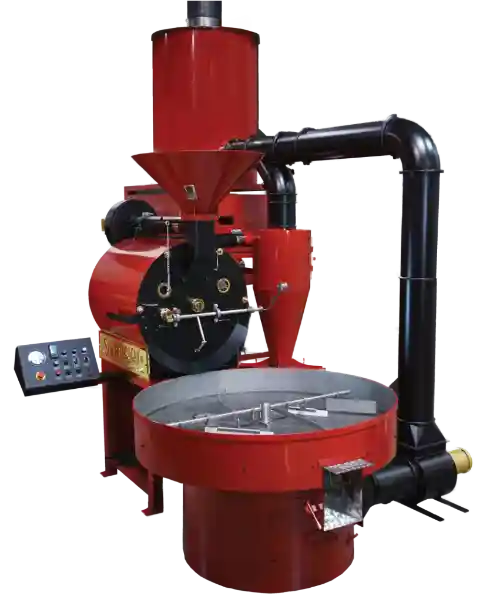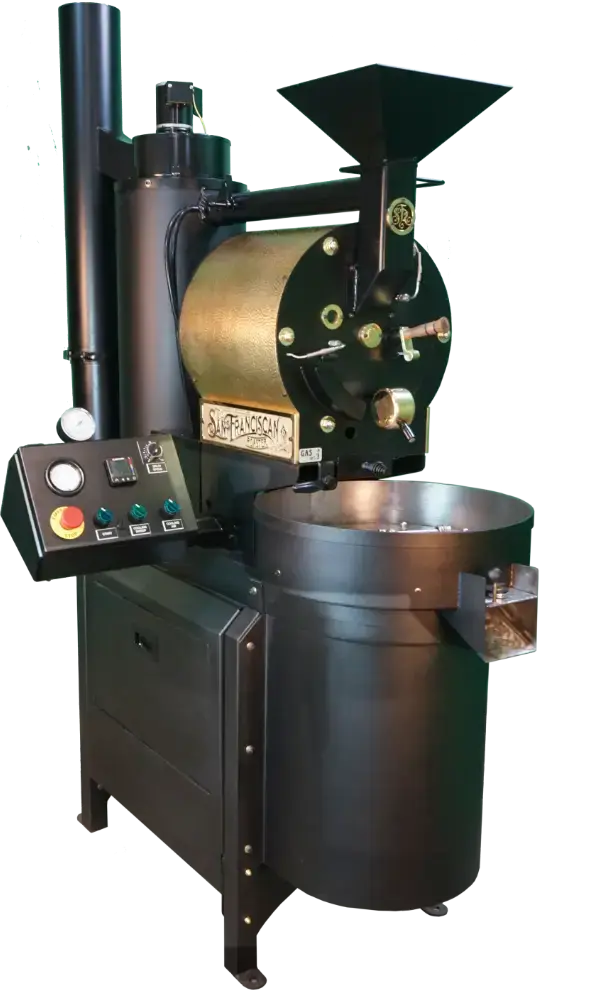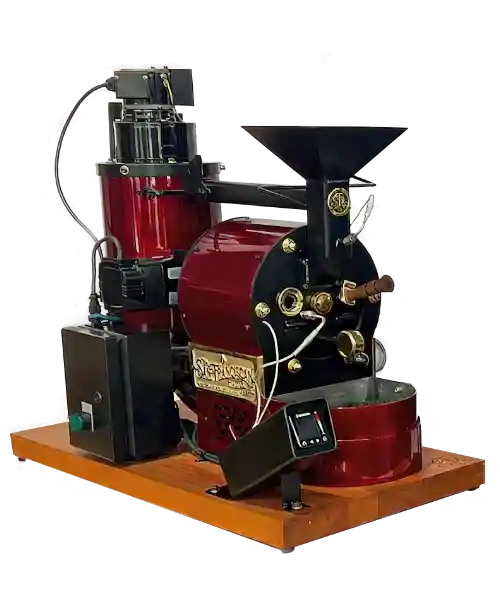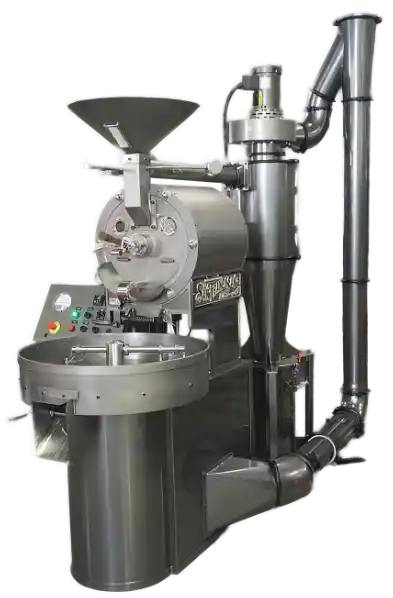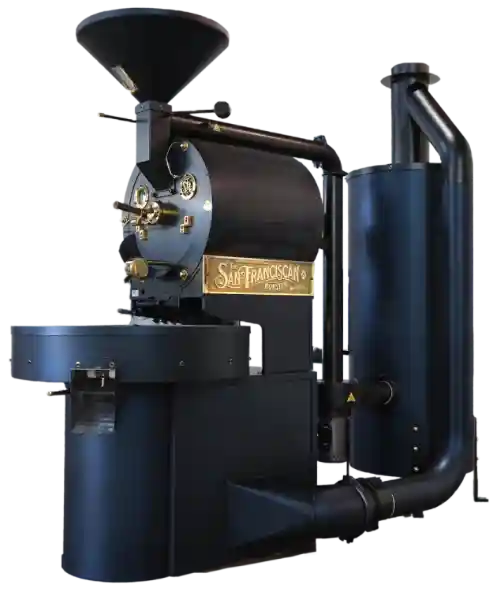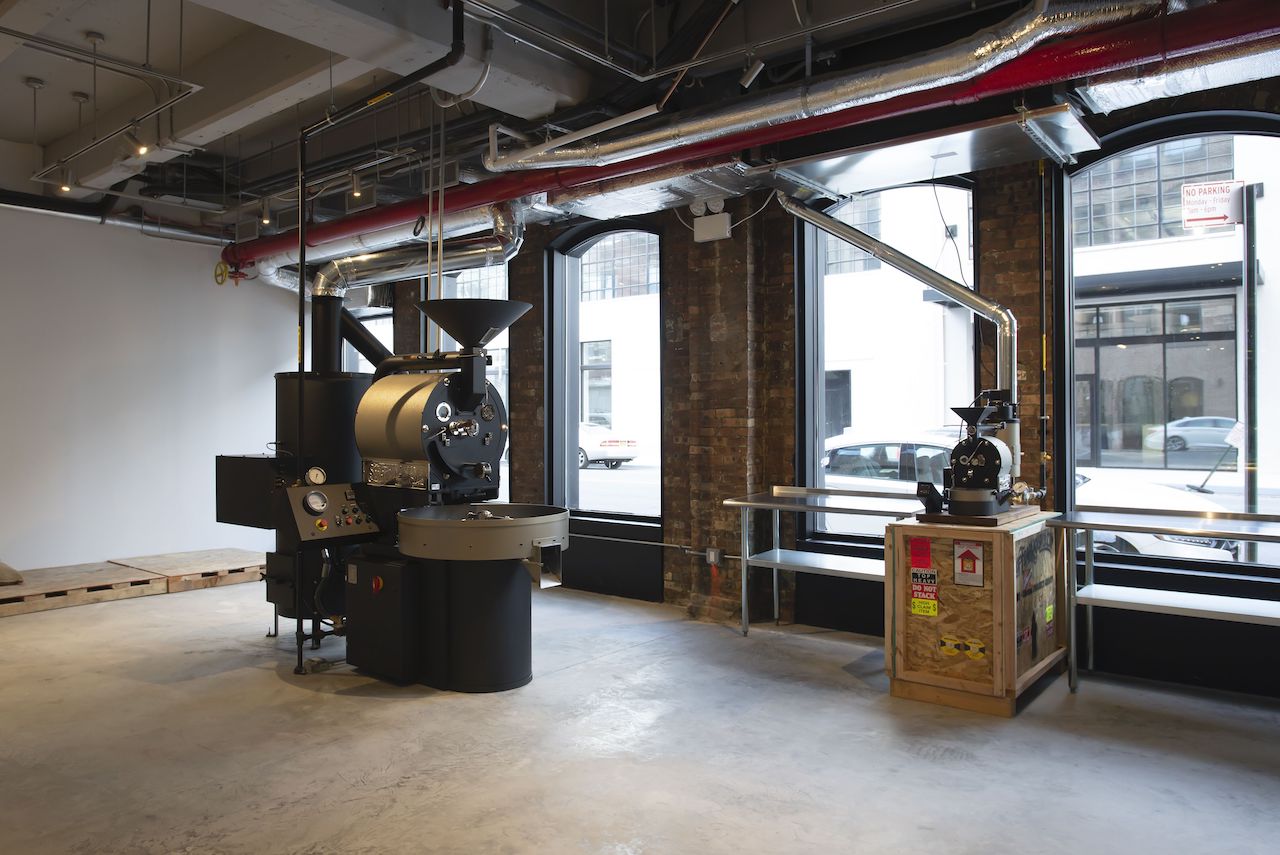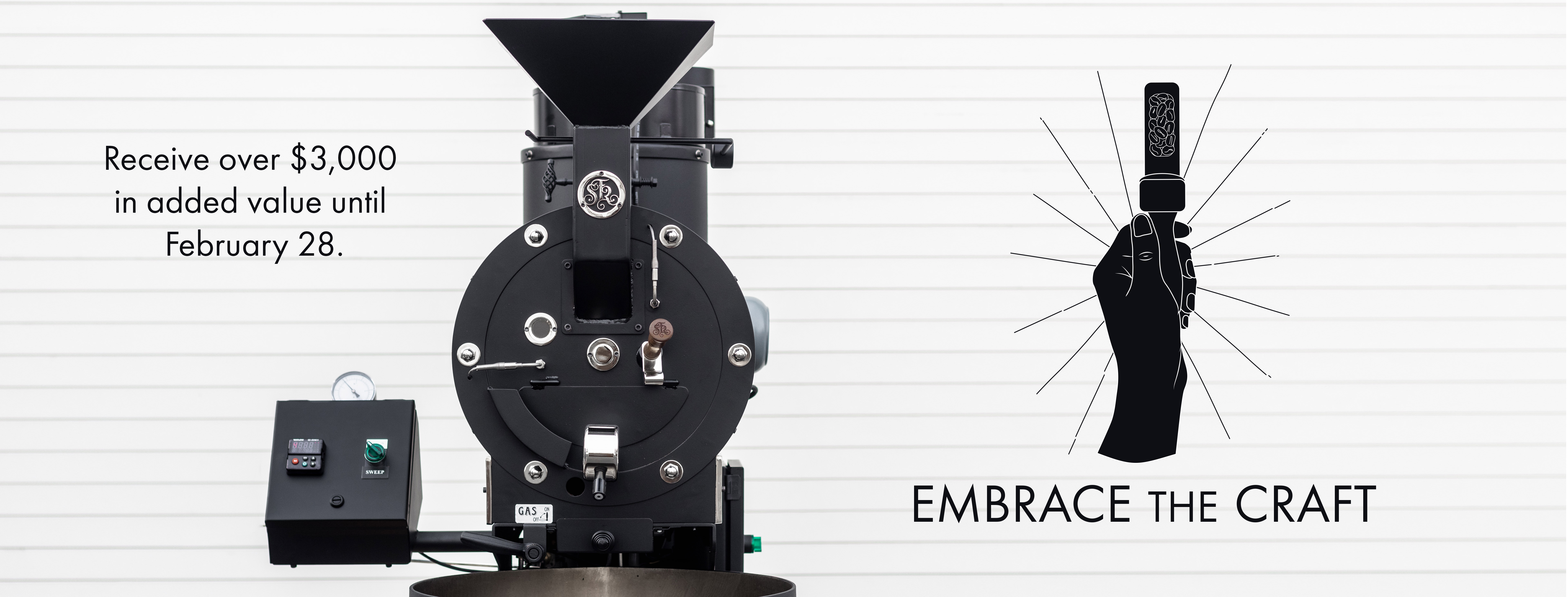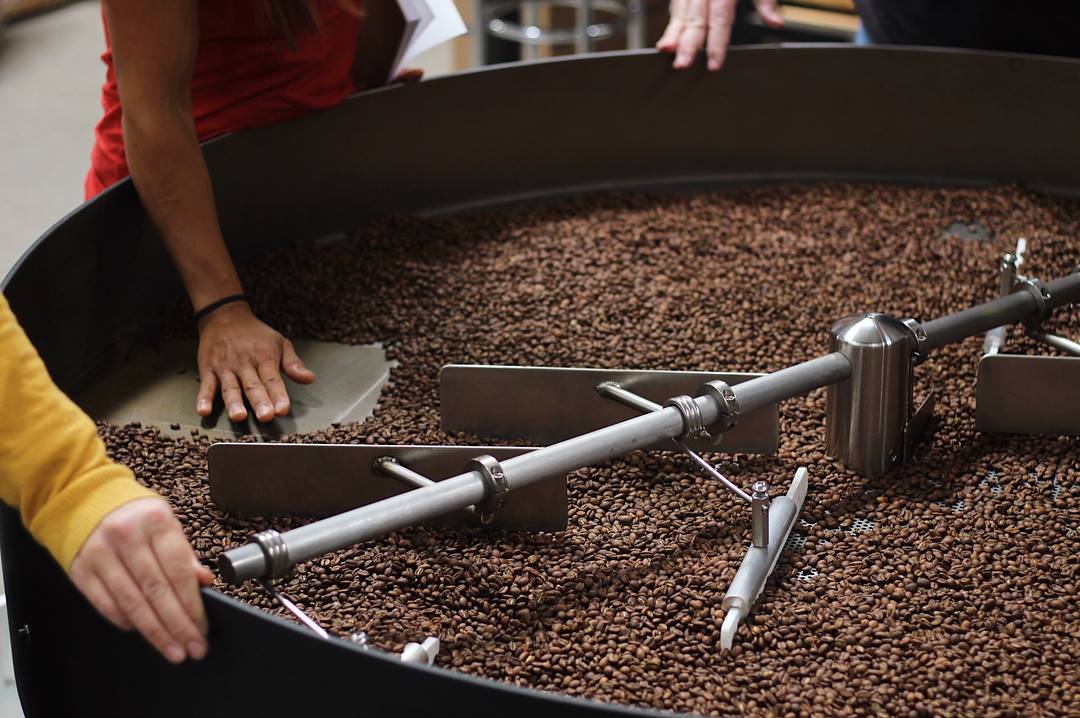
-
About Us
About San Franciscan Roaster Co.
-
Machines
Our Commercial Coffee Roasters
SF-75 (75 lb / 34kg) - Engineered for high-volume production with precision control over every roast. More Information
SF-Super 6 (6 lb / 3kg) - Takes everything roasters love about the classic SF-6 and pushes it to new heights of performance and efficiency.More Information
SF-1 (1 lb / 500g) - Compact roaster for profiling, training, and sample roasting.
More Information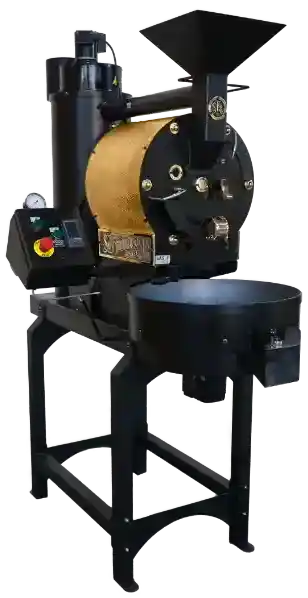
SF-6 (6 lb / 3kg) - Perfect for small cafés and artisan roasters. Roasts 2–6 pounds per batch with exceptional consistency and control.
More InformationSF-10 (10 lb / 5kg) - For growing businesses ready to scale up, often falls below permitting thresholds while delivering optimal performance. More Information
SF-25 (25 lb / 12kg) - Roasts up to 100 pounds per hour with a built-in afterburner for clean emissions. A popular choice for mid-sized operations seeking efficiency and flexibility.
More Information - Education
- Finance
- Blog
- Support
- Contact us

